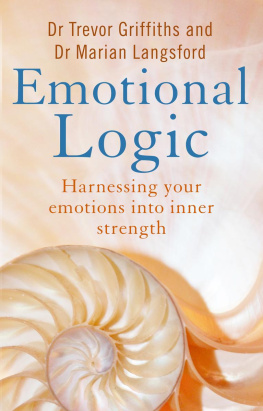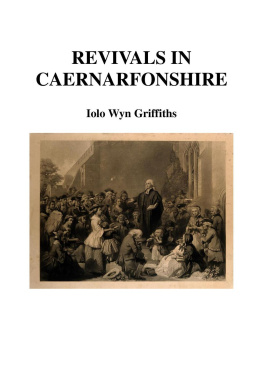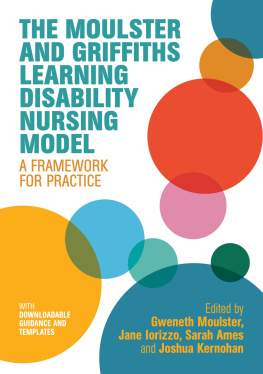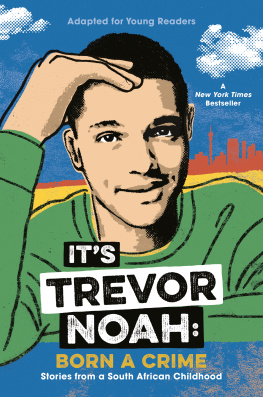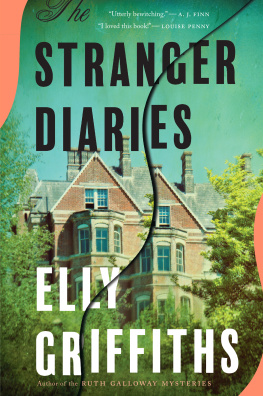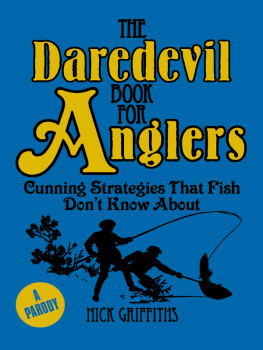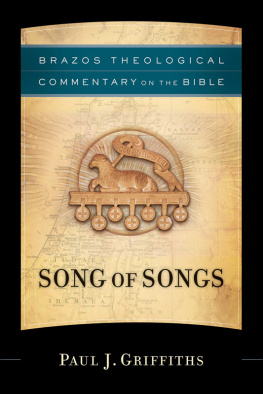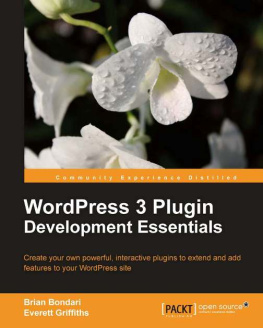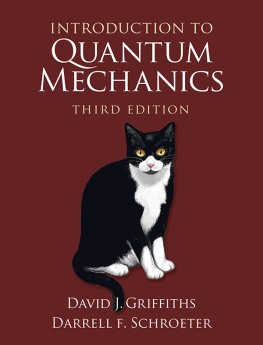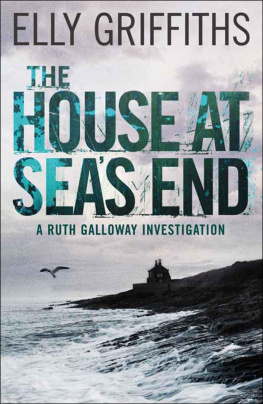Griffiths Trevor - Emotional Logic
Here you can read online Griffiths Trevor - Emotional Logic full text of the book (entire story) in english for free. Download pdf and epub, get meaning, cover and reviews about this ebook. year: 2021, publisher: Hammersmith Books Limited, genre: Science fiction. Description of the work, (preface) as well as reviews are available. Best literature library LitArk.com created for fans of good reading and offers a wide selection of genres:
Romance novel
Science fiction
Adventure
Detective
Science
History
Home and family
Prose
Art
Politics
Computer
Non-fiction
Religion
Business
Children
Humor
Choose a favorite category and find really read worthwhile books. Enjoy immersion in the world of imagination, feel the emotions of the characters or learn something new for yourself, make an fascinating discovery.
- Book:Emotional Logic
- Author:
- Publisher:Hammersmith Books Limited
- Genre:
- Year:2021
- Rating:3 / 5
- Favourites:Add to favourites
- Your mark:
- 60
- 1
- 2
- 3
- 4
- 5
Emotional Logic: summary, description and annotation
We offer to read an annotation, description, summary or preface (depends on what the author of the book "Emotional Logic" wrote himself). If you haven't found the necessary information about the book — write in the comments, we will try to find it.
Emotional Logic — read online for free the complete book (whole text) full work
Below is the text of the book, divided by pages. System saving the place of the last page read, allows you to conveniently read the book "Emotional Logic" online for free, without having to search again every time where you left off. Put a bookmark, and you can go to the page where you finished reading at any time.
Font size:
Interval:
Bookmark:
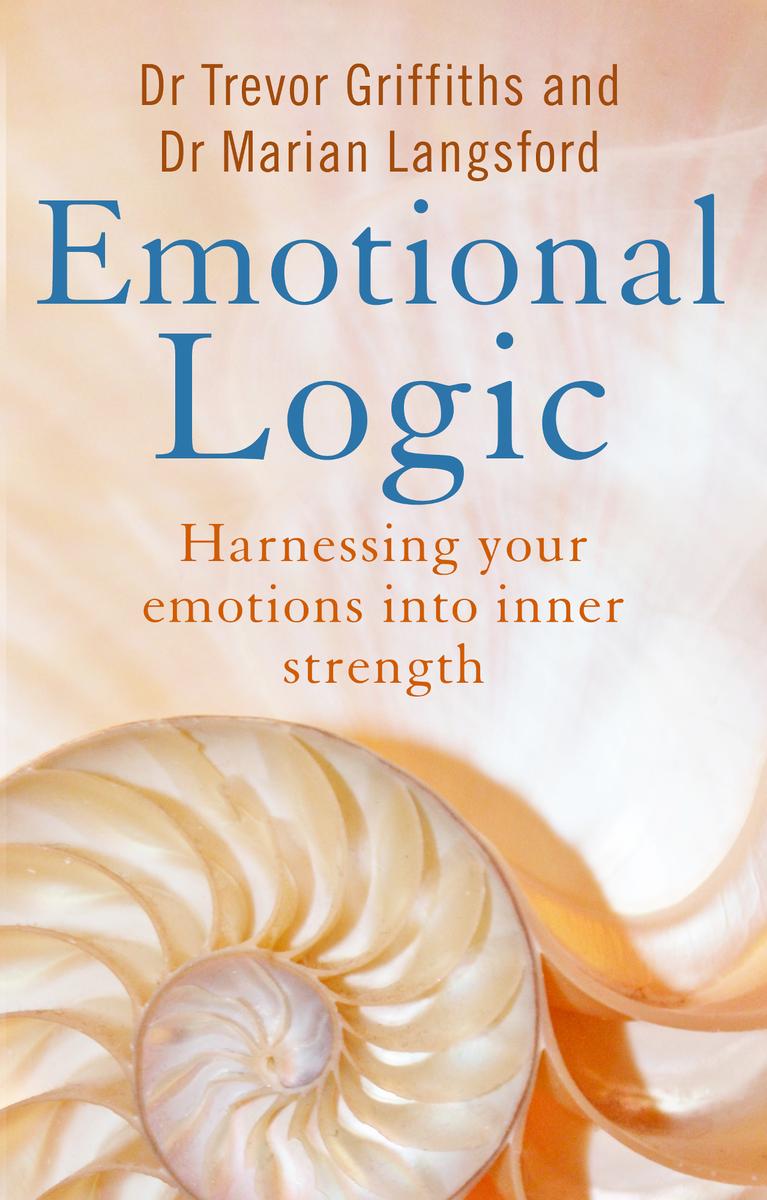
v
vi
Trevor Griffiths studied medicine at Oxford University. He was a pioneering GP for 25 years, introducing counsellors and family therapy into his practice. For the last 15 years he has run the Emotional Logic Centre full-time instead, training Emotional Logic coaches in the UK and around the world to prevent mental illness and socially disruptive behaviour, not just to treat it.
Marian Langsford is married to Trevor. She studied medicine at the Royal Free, London, and has used and researched Emotional Logic extensively in the medical practice they set up together. Now retired, she has joined Trevor in the international teaching of Emotional Logic, as well as enjoying their four grandchildren and cultivating their garden. As she says, Planting flowers that grow is more important than just pulling up weeds.
viii
To our daughters, sons-in-law, and grandchildren,
free and beautiful and strong.
And to the patients and families who have shared their stories.
As we write the world is in the grip of the Covid-19 pandemic. Life has changed dramatically for almost the whole of humankind, unexpectedly, instantly, unimaginably, shockingly. All of us have lost so much of that which we took for granted normal life as we knew it.
All of those losses generate emotions. What emotions have you experienced, and which are you now experiencing? The loss emotions are not comfortable. Shock, Denial, Anger, Guilt, Yearning, Depression and even the sadness in Acceptance are not easy to live with. Why then are they part of our human experience? Could you imagine that they are part of our survival mechanism? How could Anger, for example, have a useful purpose in the context of the grief of loss of normality?
In this book we will demonstrate that the uncomfortable emotions of loss are inbuilt to help us keep moving through the process of adjustment to change until we find joy in a new future. Our natural state is to want to ignore these emotions and to calm ourselves down, but we can use our emotions to help us think logically again. You will soon be able to recognise, embrace and learn from both your own unpleasant emotions, and from the discomfort of sharing someone elses. From chaos, clarity can emerge that empowers renewed life after change has pushed us out of our comfort zones.
Life will never be normal as it was in 2019, but we can embrace the new wholeheartedly if we have been able to truly, fully process the losses that have been inevitable. As two medical doctors, we understand how loss emotions build up into stress and can harm physical health, prevent healing, bring on mental distress, and disrupt previously stable relationships. Emotions are physical. They affect the way every cell of the body works and connects responsively with other cells, or disconnects chemically and becomes isolated, unresponsive and unhealthy. However, by welcoming the insights your emotions bring you about the values that make you uniquely you, not only will your physical health improve, but also your relationships with others will simultaneously transform, and life will begin to make more sense.
This book in your hands is going to open your eyes to a new way to map your inner emotional landscape, your inscape, so that you can harness your unpleasant and perhaps disturbing emotional energy into constructive action plans. With these, and with learning a new language of emotions to make sense of them with others, you can navigate your way through situations and come through stronger than when you set out on the journey. We have been teaching this for 18 years, enabling people of all ages to no longer feel victims of their emotions, but to be masters of them instead. Thousands of people worldwide have learnt to activate their inner Emotional Logic, so we know that our teaching on loss emotions activates their ability to adapt and transform life, and to move on with a reasonable hope.
The lifelong learning method we use to activate your Emotional Logic is not therapy. Improving understanding about how a healthy adjustment process might get stuck, releases your emotional energy to get life unstuck again and move on, rather than remaining passive, or only mindful of your emotions. It gives you a mental framework to engage constructively with life in all its unpredictability, especially after setbacks and disappointments. The method gives you the inner clarity to talk with confidence about your values in your home, with neighbours and friends, teachers and work colleagues. Emotional Logics method has been translated into 10 languages and is used on four continents. It engages with personal truth in a liberating way at a deeper level than any culture or language. It releases human nature to adapt and adjust to changing life circumstances by building life-enhancing connections that overcome unhelpful modes of thinking, behaving and relating.
Every unpleasant emotion you have gains a new meaning when you see how it fits within a single, integrated, healthy process of adjusting to the losses hidden within change, disappointment, setback and hurt. We say surprisingly that there are no negative emotions, only unpleasant ones that have useful purposes. If you knew how to harness them into your inner strength, the unpleasant emotions would evaporate as you become more effective in life. There are negative self-beliefs and negative beliefs about the world. These lead to negative thoughts and broken relationships. Unpleasant loss emotions, however, only lead to negative behaviour when their useful purposes are misunderstood. Learning to activate your Emotional Logic whenever you face new challenging situations will harness that emotional energy on the instant for healthy adjustment.
Many people feel that mindful calming doesnt go anywhere and leaves them dangling, while only regulating behaviour and thoughts simply ignores the heart of being human. The gap between these two approaches to lifes challenges is filled by Emotional Logics awareness and energising of active choice in social settings. This is the missing link that harnesses into solution-focused action plans your new understanding that unpleasant emotions have useful purposes.
In the first part of this book there are nine stories that Marian would like to share, eight of them from people who were so helped in her medical practice that they are happy to share the anonymised details of their emotional patterns and reactions. We have discovered certain patterns of emotional response to loss that could move anyone predictably into behaviours and inner drives that can be diagnosed as common mental illnesses or socially disruptive personalities. But we are able to show how underneath those labels are unhelpful patterns of grieving for lost values. These emotional habits can be re-learnt, resulting in the personal development of a stronger identity.
Marian has kindly given her consent for me to add some explanatory comments to her stories, so that you can learn how to unlearn any habits you discover in yourself.
In the second part of the book, following Marians Emotional Logic Casebook, I tell some stories about how Emotional Logic has impacted communities. Shockingly, conflict, neglect, abuse, and crime, are all emotional dynamics just as much as compassion, kindness, love and hope. In schools, however, about 50% of teachers resist teaching emotional literacy, thinking it is all touchy feely, cotton wool cuddly pandering, when what is really needed, they believe, is discipline to regulate behaviour and keep children on the curriculum. Emotional Logic fills the gap between these two extremes. Self-respect and self-discipline grow from improved understanding, as these later stories show. They aim to restore hope when the society we live in is under strain.
Font size:
Interval:
Bookmark:
Similar books «Emotional Logic»
Look at similar books to Emotional Logic. We have selected literature similar in name and meaning in the hope of providing readers with more options to find new, interesting, not yet read works.
Discussion, reviews of the book Emotional Logic and just readers' own opinions. Leave your comments, write what you think about the work, its meaning or the main characters. Specify what exactly you liked and what you didn't like, and why you think so.

